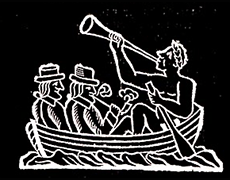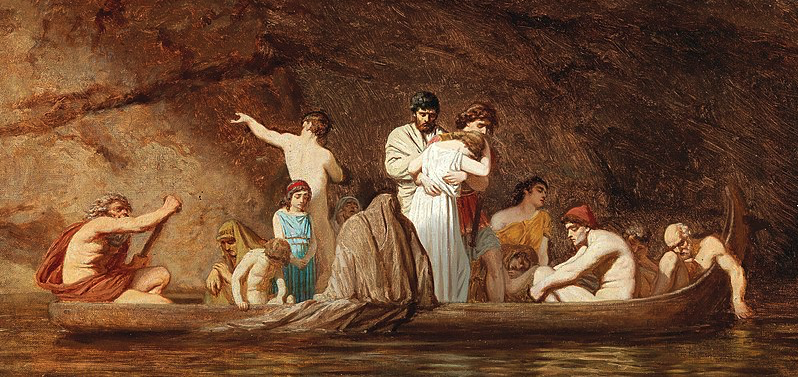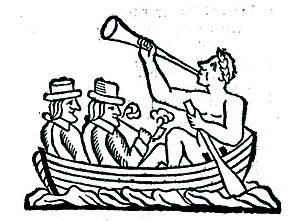
Charon, the Ferryman of the Underworld, is a prominent figure in Roman mythology and religion. He is responsible for transporting souls across the rivers Styx and Acheron, which separate the world of the living from the world of the dead.

The crossing of these rivers was believed to be a necessary step in the journey to the afterlife.
According to Roman mythology, Charon was depicted as an old, grisly man with a long beard, hooded cloak, and oar. He was said to be the son of Erebus, the god of darkness, and Nyx, the goddess of night.
He was a feared figure, known for his gruff demeanor and unwillingness to take kindly to those who tried to cross the rivers without paying the fare.

In Roman funerary beliefs, it was customary to place a coin in the mouth of the deceased as payment for Charon’s services. This coin was thought to ensure that the soul of the deceased would be able to cross the rivers and reach the underworld without impediment.
The custom of placing a coin in the mouth of the dead was also believed to serve as a symbol of the person’s wealth and status, as the wealthier the individual, the more coins they were said to have placed in their mouth.
In addition to his role as a ferryman, Charon was also believed to have had the power to determine the fate of souls in the underworld.

He was said to be the guardian of the entrance to the underworld, and only those souls that had completed their journey across the rivers and paid their fare were allowed to enter.
Those who did not pay were doomed to wander aimlessly along the banks of the rivers, unable to enter the afterlife.
Despite his fearsome reputation, Charon was an important figure in Roman mythology and religion. He symbolized the inevitability of death and the journey that every soul must take to reach the afterlife.
He was also a reminder of the importance of honoring the dead and paying respect to the gods of the underworld.

